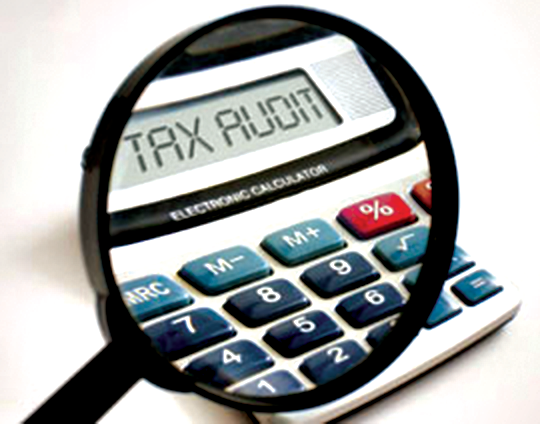Auditing
Report: IRS Needs to Improve Controls on Audits of High Income Taxpayers
TIGTA found that the IRS has taken a number of actions to help to ensure tax compliance of high-income taxpayers. The IRS adopted a High-Income and High-Wealth strategy to audit more tax returns related to these individuals. The resulting audit ...
Nov. 22, 2015

The Internal Revenue Service (IRS) has taken steps to improve its audit coverage of high-income taxpayers. However, it should reevaluate whether the threshold of $200,000 for its High-Income and High-Wealth strategy results in an efficient allocation of examination resources.
That is among the findings of an audit report publicly released today by the Treasury Inspector General for Tax Administration (TIGTA).
TIGTA performed this audit to evaluate the IRS’s effort to ensure the tax compliance of high-income taxpayers. The IRS identifies high-income taxpayers as those who reported total positive income of at least $200,000 on Form 1040. Because the IRS is devoting more audit resources for these taxpayers, it is important to know at what level of income or wealth taxpayers tend to begin establishing complex financial holdings that are at greater risk for noncompliance with the tax laws.
TIGTA found that the IRS has taken a number of actions to help to ensure tax compliance of high-income taxpayers. The IRS adopted a High-Income and High-Wealth strategy to audit more tax returns related to these individuals. The resulting audit coverage of high-income taxpayers has improved. However, the IRS’s High-Income and High-Wealth strategy devotes nearly 50 percent of its high-income audits to taxpayers earning $200,000 to $399,999, whose tax returns potentially present the least productivity of all high-income taxpayers.
“The IRS should reevaluate the income level it uses to identify taxpayers for its High-Income and High-Wealth strategy so that it can better allocate audit resources to the most significant audit risks,” said J. Russell George, Treasury Inspector General for Tax Administration.
The IRS Large Business and International Division (LB&I) established the Global High Wealth (GHW) Industry, which takes a comprehensive approach in auditing high-income taxpayers by extending the audits beyond the individual income tax return and examines the entities that these taxpayers control.
GHW is not yet a stand-alone industry capable of conducting all of its own examinations. The IRS is using resources from three other LB&I industries to assist with auditing GHW cases, but has not evaluated the impact of that decision on those other industries. Also, the IRS cannot quantify its GHW audit performance because of the limitations of IRS audit information systems, and GHW has not implemented a quality review process for its audits.
TIGTA made six recommendations in the audit report, including that the IRS establish a permanent quality review system for GHW cases. The IRS agreed with four of the six recommendations, not agreeing that its decision to outsource GHW Industry enterprise cases requires a cost/benefit analysis and is not planning to explore system modifications needed to better quantify enterprise case examination results. TIGTA believes that both the cost/benefit analysis and better information on examination results would improve program decisions
